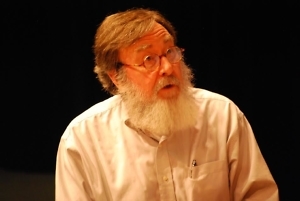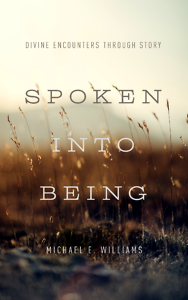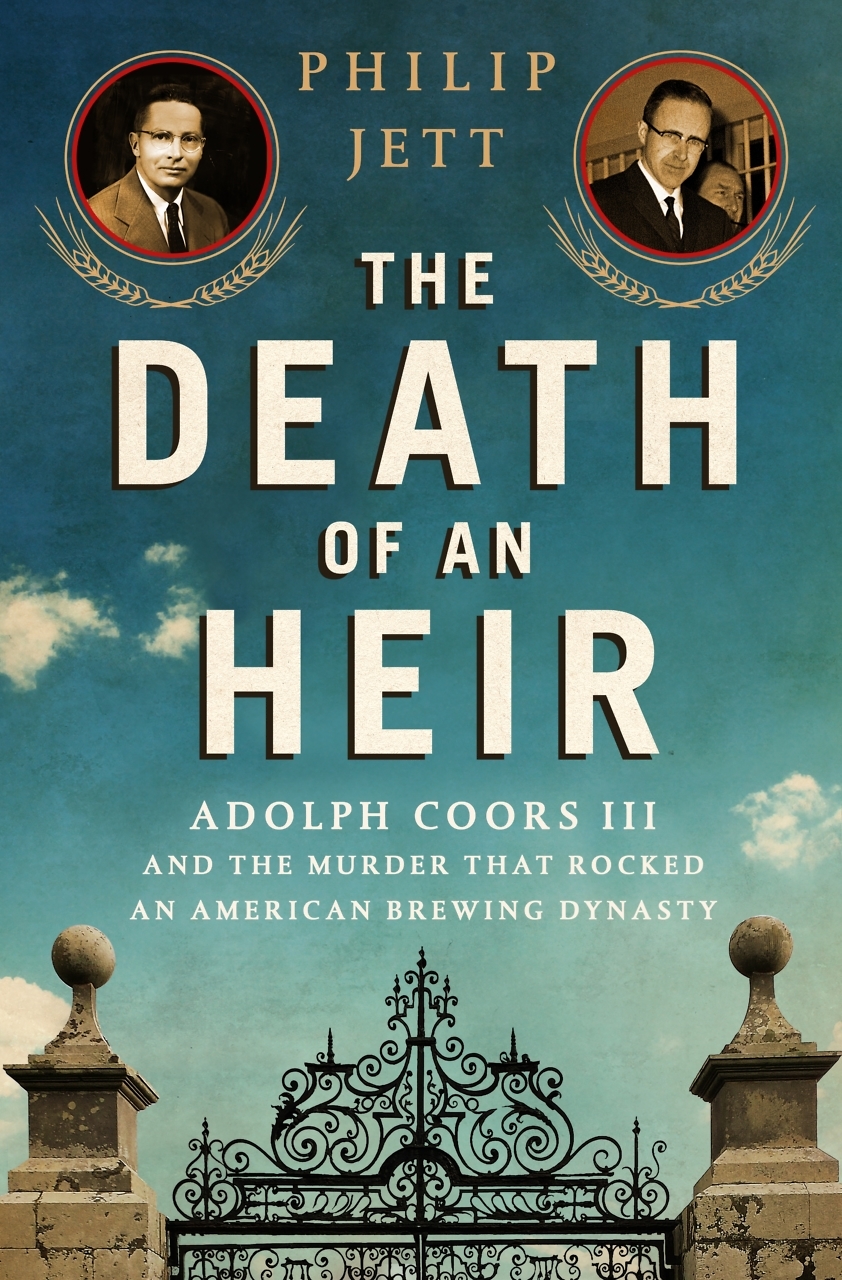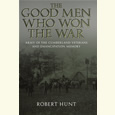Original Story
Michael E. Williams looks at spiritual storytelling from Genesis to Jesus to us
Have we lost the art of storytelling or just the time and confidence we need to tell our stories? In Spoken into Being: Divine Encounters Through Story, Nashville storyteller and Methodist minister Michael E. Williams explores why stories are fundamental to who we are and how we understand ourselves and our world.
 Using lessons derived from his own life as well as from Biblical accounts, Williams considers a way of being in which multiple stories (or versions of the same story) can express disparate truths about the same reality. For him, human experience is a place of parable and paradox, where seeming contradictions live side by side. Williams invites his readers to mine their own pasts—the sacred spaces, the personal relics, the long-held beliefs and the people who informed them—to consider the truths that have already been spoken into being in their own lives, as well as the truths that are still waiting to be spoken by the latent storyteller in all of us. In the process, he reveals fundamental elements and helpful methods of storytelling and offers prompts to those willing to follow along as a fellow teller of stories.
Using lessons derived from his own life as well as from Biblical accounts, Williams considers a way of being in which multiple stories (or versions of the same story) can express disparate truths about the same reality. For him, human experience is a place of parable and paradox, where seeming contradictions live side by side. Williams invites his readers to mine their own pasts—the sacred spaces, the personal relics, the long-held beliefs and the people who informed them—to consider the truths that have already been spoken into being in their own lives, as well as the truths that are still waiting to be spoken by the latent storyteller in all of us. In the process, he reveals fundamental elements and helpful methods of storytelling and offers prompts to those willing to follow along as a fellow teller of stories.
 Williams serves as poet/storyteller-in-residence at Martin Methodist College in Pulaski, and his own gift for storytelling is no doubt informed by his experience as a participant and workshop leader at national and international storytelling festivals. But for Spoken into Being he draws upon the literary structure and devices of the Bible as his main writer’s guide. The metaphors of the Bible, Williams notes, “add depth to our stories and enlarge our view of who God is,” Williams writes. For example, the book of Genesis, with its two accounts of creation placed side by side, reveals the creative tension between humankind’s goodness and shame. And Jesus taught his disciples by describing a scene from the world in which they lived and placing it next to a description of the “kingdom of God.”
Williams serves as poet/storyteller-in-residence at Martin Methodist College in Pulaski, and his own gift for storytelling is no doubt informed by his experience as a participant and workshop leader at national and international storytelling festivals. But for Spoken into Being he draws upon the literary structure and devices of the Bible as his main writer’s guide. The metaphors of the Bible, Williams notes, “add depth to our stories and enlarge our view of who God is,” Williams writes. For example, the book of Genesis, with its two accounts of creation placed side by side, reveals the creative tension between humankind’s goodness and shame. And Jesus taught his disciples by describing a scene from the world in which they lived and placing it next to a description of the “kingdom of God.”
For Williams, the space between two different stories, or two disparate truths, is where humanity and divinity meet. This sacred space—often invoked through the use of metaphor, parable, and paradox in stories as old as the Bible or as new as our own journals—is where we acknowledge our limitations and glimpse a means of transcending them.

Beth Waltemath graduated with a degree in English from the University of Virginia and worked at both Random House and Hearst magazines before leaving publishing to attend Union Theological Seminary in New York City. A Nashville native, she now lives in Decatur, Georgia. She is the editor of the weekly lectionary commentary ON Scripture.


